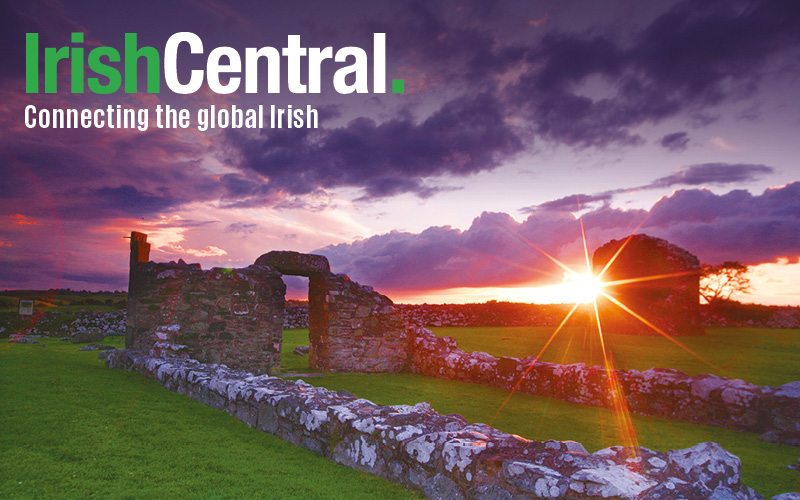Garda Commissioner Martin Callinan has revealed that there are 25 gangs in Ireland at the center of the Irish criminal underbelly. Five of those gangs have significant international ties, making them even more dangerous.
The Belfast Telegraph reports on Commissioner Callinan’s comments, which were made before an Oireachtas committee on justice about gangland crime. Callinan said that five of the 25 gangs in Ireland have connections with international gangs in Holland, Spain, and the UK, countries which provide established routes for importing drugs into Ireland.
Irish gangs are also establishing connections with Russian ones. "The presence of Russian organized crime groups operating in Spain is also influencing the activities of Irish criminals there," said Callinan.
Callinan said with the growing international dynamic, Irish officials have been working with Interpol to monitor and thwart the process of gang operations.
Callinan explained that gangs usually operate under 6 to 12 leaders who direct middle-managers who in turn give orders to low-level criminals who carry out the day-to-day procedures.
Not surprisingly, more urban areas in Ireland tend to be the hubs for criminal activity. Places like Dublin, Limerick, Cork, Galway, and Sligo are home to the majority of gangs, who share a lot of interaction.
The overwhelming majority of gang activity is centered around drug trafficking, but there is also some focus on cash-in-transit robberies, firearms offenses and "upper end" burglaries to fund major drug deals.
Callinan went on to say that there is collaboration between Northern Irish and Irish gangs. The cross-border links help them trade in weapons and drugs, as well as counterfeit cigarettes, fuel laundering and stolen goods.
Detectives reportedly have "serious concern" about a "friction and facilitation" relationship between crime gangs and dissident republicans, who have been taxing some drug dealers in recent years, Callinan said.
Further, detectives are also worried about the increase in cannabis production in Ireland, which Callinan described as a "conveyor belt of money" to organized crime gangs.




Comments